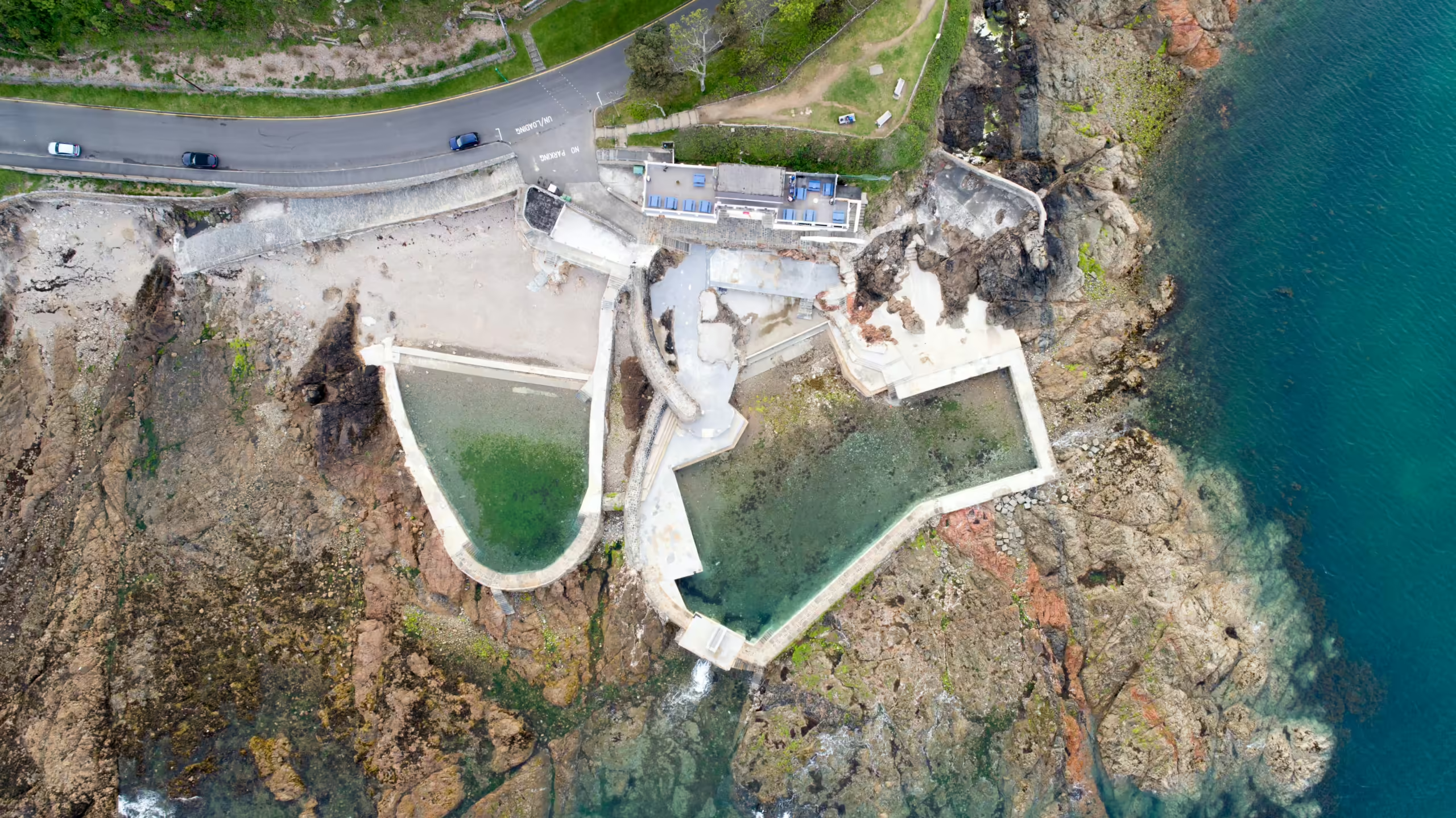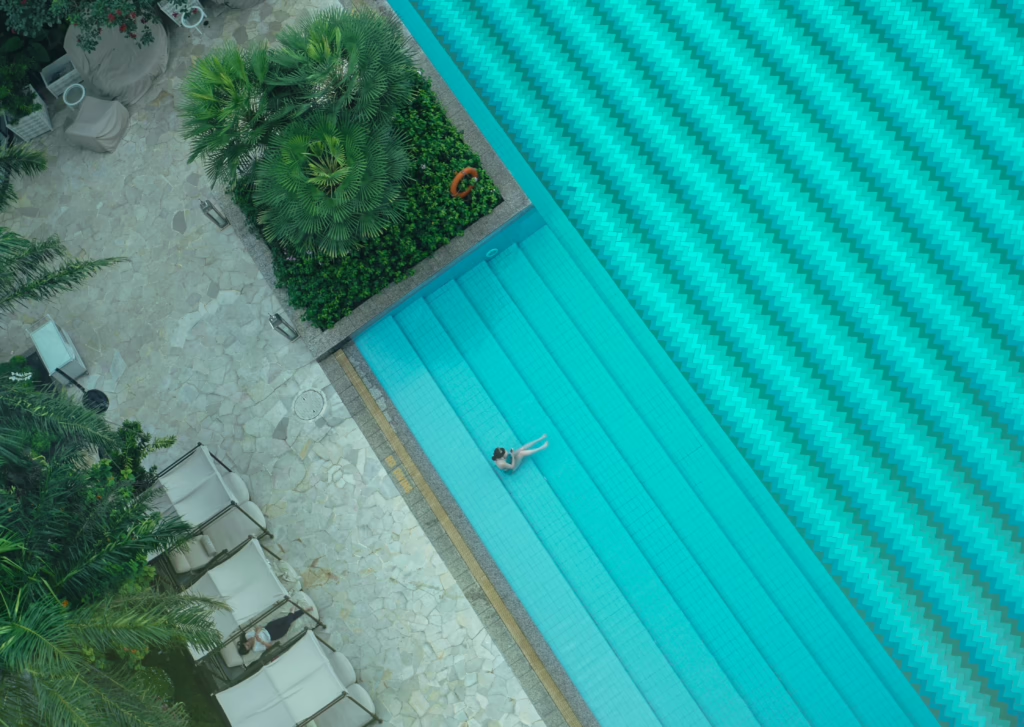A pool heater is the unsung hero of your swimming pool system, ensuring comfort and usability even during cooler months. Whether extending your swim season or enjoying a warm evening dip, a reliable pool heater is essential for maximizing your pool’s potential.
However, like any mechanical system, pool heaters can develop problems over time, leading to frustrating interruptions in performance. Understanding common issues and how to address them can save you time, money, and stress.
This article will explore the most frequent pool heater problems, when to attempt DIY fixes, and when to call a professional for help. If you’re searching for pool heater repair near me, you’re in the right place!
Common Pool Heater Issues
A malfunctioning pool heater can quickly disrupt your swimming routine. Here are the most common problems you might encounter and their potential causes:
1. Ignition Failure or Pilot Light Problems
One of the most frequent issues is a pool heater that won’t ignite or has trouble maintaining a pilot light. This can result from:
A dirty or clogged burner assembly.
Faulty ignition switches or thermocouples.
Insufficient gas supply or pressure.
Regular maintenance, such as cleaning the burner and checking gas connections, can often prevent these issues. However, if the problem persists, professional intervention is recommended.
2. Inconsistent Heating or No Heat
If your pool heater isn’t warming the water as expected, the issue might be related to:
A malfunctioning thermostat.
Blockages in the water flow due to dirty filters or closed valves.
A failing heat exchanger.
Poor water chemistry can also damage heater components over time, reducing their efficiency. Consistently monitoring and maintaining proper chemical balance helps protect your heater and ensures consistent performance.
3. Error Codes or System Shutdowns
Modern pool heaters have digital displays that show error codes when something goes wrong. These codes often indicate specific issues, such as:
Overheating due to inadequate water flow.
Electrical faults or sensor malfunctions.
High or low-pressure problems.
Consult your heater’s manual to decode the error messages. While some minor issues can be resolved by adjusting settings, others require professional diagnosis and repair.
4. Leaks in the Heater System
Leaks are a common problem in pool heaters, often caused by:
Corrosion in the heat exchanger due to improper water chemistry.
Loose connections or damaged seals.
Cracked pipes or components from freezing temperatures.
Even small leaks can lead to significant damage if left unaddressed. Regular inspections and prompt repairs are crucial to preventing further complications.
DIY vs. Professional Repair
Some pool heater problems can be resolved with basic troubleshooting, but others require the expertise of a trained technician. Here’s how to determine which route to take:
DIY Repairs
You can handle minor issues like:
Cleaning a dirty burner assembly or filter.
Adjusting the thermostat settings.
Checking for and tightening loose connections.
Always consult your heater’s manual before attempting any repairs and ensure the power supply is disconnected to avoid safety hazards.
When to Call a Professional
For more complex problems, such as electrical faults, gas supply issues, or significant leaks, it’s best to hire a professional. Fixing these problems without proper training can cause further damage or create safety risks. A certified technician has the tools and expertise to effectively diagnose and resolve the issue.
Professional services are also essential for repairs covered under warranty, as DIY attempts may void the coverage.
Costs and Timeframes for Repairs
Understanding the costs and time required for repairs can help you plan accordingly.
Average Costs for Common Repairs
Ignition or pilot light repairs: $150–$300.
Thermostat replacement: $200–$400.
Heat exchanger repairs or replacement: $500–$1,200.
Leak repairs: $100–$500, depending on the severity.
Prices may vary depending on the brand, model, and availability of replacement parts.
Typical Repair Times
Most minor repairs can be completed within a few hours, while more extensive fixes, such as heat exchanger replacements, may take a day or more. Choosing a reliable service provider ensures faster turnaround times and minimizes downtime.
Final Thoughts
Your pool heater is vital in keeping your pool comfortable and enjoyable. By understanding common problems and addressing them promptly, you can extend the life of your heater and avoid costly replacements.
Regular maintenance, such as cleaning components and monitoring water chemistry, is your first defense against issues. For more complex problems, don’t hesitate to search for pool heater repair near me and call in a professional.
At Cabana Pools, we specialize in expert pool heater repair services, ensuring your system runs smoothly year-round. Contact us today to schedule a repair and keep your pool heated and ready for relaxation!




